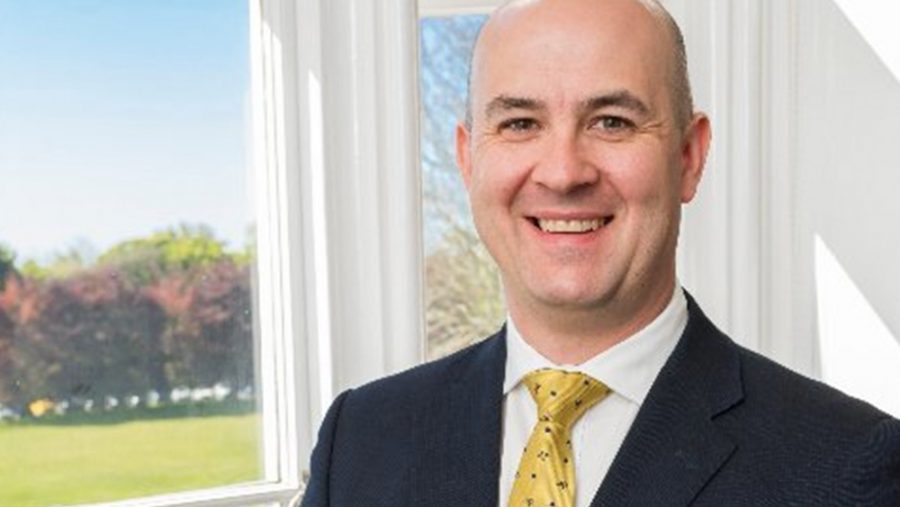Andrew Rhodes sets the stage for land-based gambling changes in Britain

The Gambling Commission CEO spoke at the Bingo Association’s AGM.
UK.- Andrew Rhodes, chief executive of the British Gambling Commission, has advised land-based gambling operators to prepare for regulatory changes. Speaking at the Bingo Association’s AGM, Rhodes said land-based gambling will be the focus of the regulator’s next consultation phase.
He told delegates: “Later this year and likely this summer, we will be publishing the next round of consultation responses and then moving forward with a third consultation, this time focusing on land-based sectors entirely. But this work is not operating in a vacuum and so the exact timings will to some extent be dependent on other work elsewhere.”
He noted that under the proposals of last year’s gambling white paper, operators will see stricter age verification and marketing rules. He said: “Whilst many of you have online facing parts of your business as well, for those of you who are primarily or exclusively offering bingo in brick-and-mortar clubs up and down the country, the responses that you should pay most attention to are probably the tightening of age verification, the extension of roles needing personal management licences and changes to direct marketing.”
The white paper proposed mandatory age-verification checks at all land-based venues for customers who appear to be aged under 25 and a minimum age of 18 for low-stake slot machines.
Land-based operators will also have to pay the new gambling levy to fund research, education and treatment. The Betting and Gaming Council (BGC) proposed that the levy be applied on a sliding scale to mitigate the impact on small independent businesses. Rhodes noted that the design of the levy will be decided by the Department for Culture, Media and Sport.
He said: “When the government sets out the timetable for the introduction of the levy everyone will need to pull together to get it established. It will be important to provide certainty for the people up and down the country who rely on those services as well as for the organisations and charities that provide them.”











